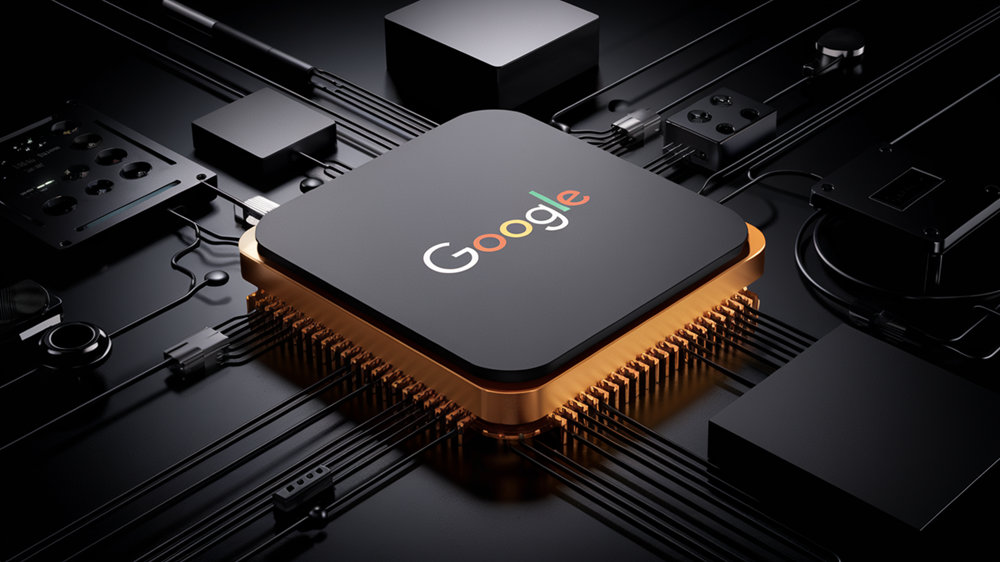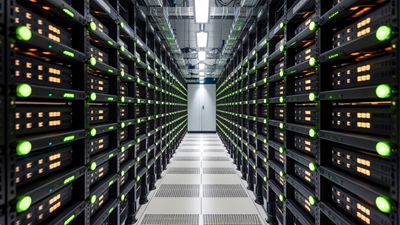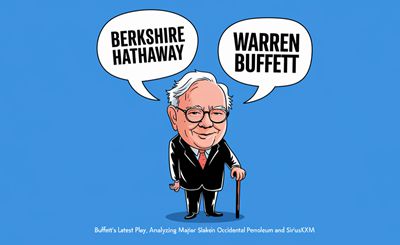Google’s Willow Chip: A Quantum Breakthrough Reigniting the Multiverse Debate

The Quantum Revolution: Understanding Willow’s Capabilities
A Quantum Leap in Speed and Error Correction
Google’s Willow chip represents a significant advancement in quantum computing, boasting 105 qubits and achieving computations in under five minutes that would take the world’s fastest supercomputers 10 septillion years. This staggering performance is attributed to Willow’s enhanced error correction capabilities, a critical hurdle in quantum computing that Google has been striving to overcome for nearly three decades.
- Error Reduction: Willow demonstrates exponential error reduction, halving error rates with each increase in qubit size. This breakthrough allows for more reliable and scalable quantum computations.
- Benchmark Performance: The chip excelled in the Random Circuit Sampling (RCS) benchmark, a test designed to challenge quantum systems, showcasing its superiority over classical computing.
The Multiverse Theory: A Bold Claim
The notion that Willow’s performance might indicate the existence of multiple universes is rooted in the Many Worlds interpretation of quantum mechanics. This theory suggests that quantum computations could occur across parallel universes, with each possible outcome existing in a separate branch of the multiverse. Google’s Hartmut Neven hinted at this possibility, aligning with physicist David Deutsch’s ideas from his 1997 book, The Fabric of Reality.
- Speculative Science: While intriguing, the multiverse claim remains speculative and philosophical, lacking empirical support. It highlights the divide in the scientific community regarding quantum mechanics interpretations.
- Skepticism and Support: Reactions have been mixed, with some scientists skeptical of the claim’s validity, while others find it a plausible extension of quantum theory.
Implications for Google and the Tech Industry
A New Frontier in Computing
Google’s announcement positions the company at the forefront of quantum computing research, with Willow marking a pivotal step towards practical applications. The chip’s capabilities could revolutionize various industries, from AI and drug discovery to cryptography and materials science.
- AI and Machine Learning: Quantum computing could accelerate AI development by processing large datasets more efficiently, enabling breakthroughs in machine learning models and algorithms.
- Drug Discovery and Materials Science: Willow’s ability to simulate complex molecular interactions could streamline drug development and materials design, offering new solutions to global challenges.
Challenges and Opportunities
Despite its potential, Willow faces significant hurdles before achieving widespread practical use. The technology requires extreme cooling to operate, and scaling up to millions of qubits is necessary for tackling complex industry problems.
- Scalability and Cooling: Superconducting qubits like those in Willow must function near absolute zero, posing challenges for large-scale deployment.
- Real-World Applications: While Willow excels in benchmarks, translating these achievements into practical solutions remains a work in progress. Google is actively developing algorithms to address real-world problems.
The Future of Quantum Computing
A Transformative Potential
Willow’s development signifies a transformative moment in quantum computing, with the potential to unlock new scientific discoveries and technological advancements. As the technology matures, it could redefine industries and reshape our understanding of the universe.
- Quantum Supremacy: Willow’s performance on the RCS benchmark sets a new standard for quantum supremacy, demonstrating the chip’s ability to surpass classical systems in fundamental tasks.
- Industry Impact: Quantum computing could revolutionize fields like finance, healthcare, and energy, offering solutions to problems currently beyond classical computing’s reach.
A Call to Action
As we stand on the brink of a quantum revolution, it’s crucial for investors, researchers, and policymakers to engage with this emerging technology. Understanding its potential and challenges will be key to harnessing its benefits and mitigating risks.
- Invest in Research: Continued investment in quantum research and development is essential to overcome technical challenges and realize practical applications.
- Explore Quantum Opportunities: Businesses and industries should explore quantum computing’s potential to drive innovation and gain a competitive edge.
A Quantum Leap into the Unknown
Google’s Willow chip represents a significant leap forward in quantum computing, with its performance sparking discussions about the multiverse and the future of technology. While the claim of multiple universes remains speculative, Willow’s capabilities highlight the transformative potential of quantum computing. As we navigate this new frontier, embracing the opportunities and challenges it presents will be crucial for shaping a future where quantum technology plays a central role in solving complex global issues.
In the coming years, as quantum computing continues to evolve, it will be fascinating to see how these advancements impact industries and society. For now, Willow stands as a testament to human ingenuity and the relentless pursuit of knowledge, pushing the boundaries of what we thought possible.


